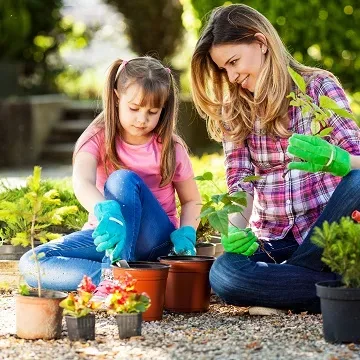
Every family has their traditions for the holidays, and many people don’t like to break tradition. But what if your child has a substance use disorder?
Suddenly, going to grandma’s house for Thanksgiving becomes a questionable decision because of the pain medication in her bathroom cabinet. You wonder whether Uncle John’s homemade eggnog should be turned away at the door. After all, there is alcohol in eggnog. You even start to question whether getting together with your extended family is a good idea at all because of the questions your child will be subjected to, like, “How are you? No, really, how are you?” or, “Where were you for my birthday? I haven’t seen you in forever!”
Many of the adolescent and young adults I’ve worked with will say it doesn’t bother them: “Opiates are my drug of choice, so I don’t care if my family drinks in front of me.” These clients lack insight into their triggers and underestimate how seeing someone ingesting a mind-altering substance will affect them. Because of this lack of insight, they will not advocate for their recovery.
So, as their parent, you must be their advocate. Asking family members to hide or, better yet, lock away their narcotic medications could save your child’s life. Requesting that family members refrain from having alcohol at their holiday party ensures your child will have one less trigger to deal with. Lastly, sitting down with your child and asking how they would like to address questions about addiction and recovery with family members who do not know the details can help ensure that your child feels supported and more prepared going into the situation.
If you need help navigating how to adapt your family’s traditions to accommodate your child with a substance use disorder, contact your child’s therapist today. They will be able to provide guidance and suggestions on how to help your child around this time of year. If your child is not actively seeing a therapist, consider starting outpatient counseling for your teen. A counselor can help your child navigate these and other types of challenges that will come up during recovery.
Shaylyn Forte, M.,Ed., CAADC
Young Adult IOP Clinician
Rehab After Work





